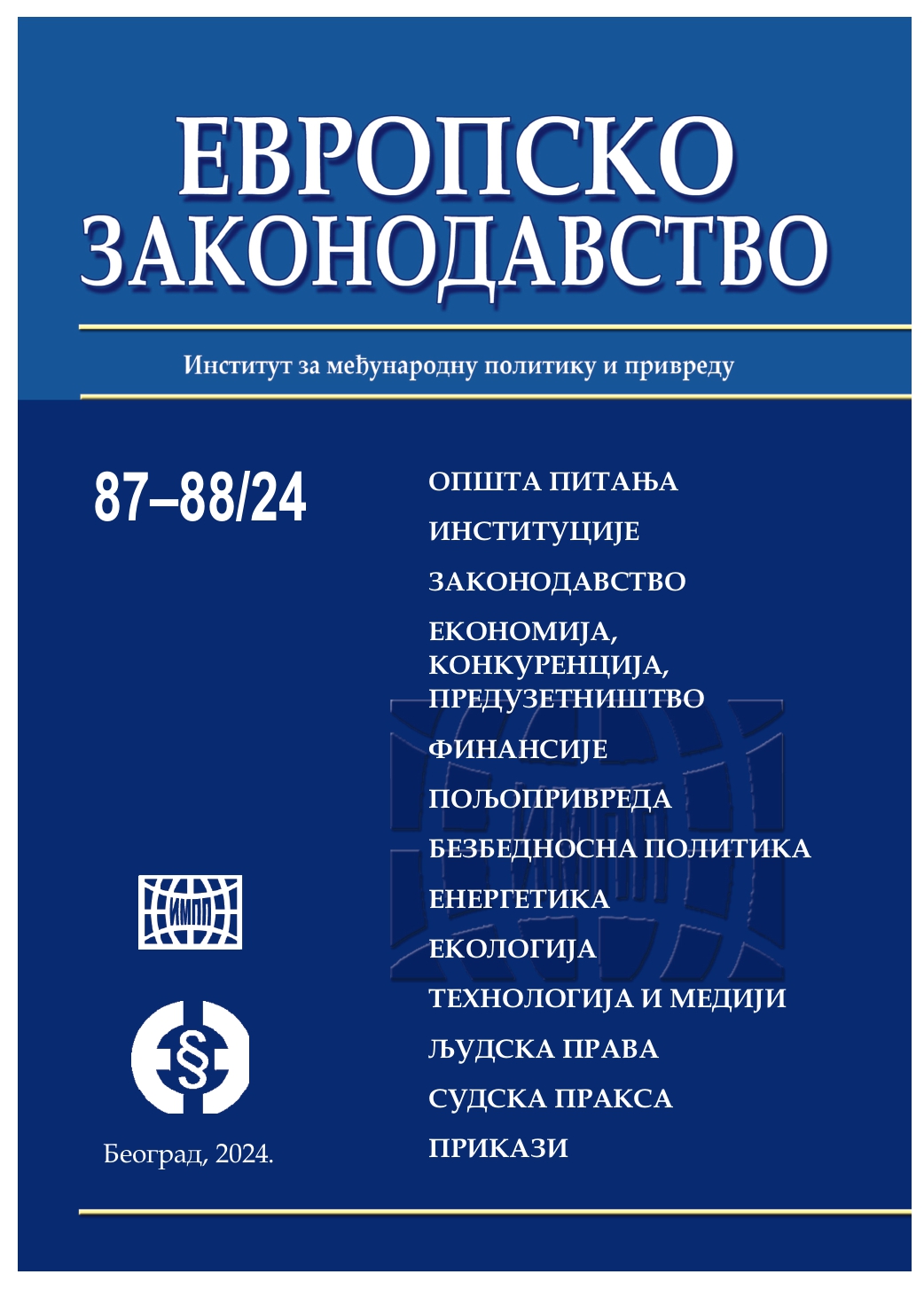Преглед економске транзиције у Србији
Overview of the economic transition in Serbia
Author(s): Slavko Vukša, Miloš Stanković, Slobodan AndžićSubject(s): Politics / Political Sciences, Economy, National Economy, Political Theory, Political economy, Public Finances
Published by: Институт за међународну политику и привреду
Keywords: Economic transition;Yugoslavia;Serbia;economic development;European integration
Summary/Abstract: The process of post-socialist market transformation in Serbia began later than in other European countries. In the second stage of the transition after October 2000, Serbia had to solve the problems that other countries in transition solved during the first transition stage from 1989 to 1994. Considering the different meanings of the term “transition”, the authors provide coherent explanations of its contradictions arising from theoretical interpretations of this process. In this regard, the authors point to possible ways of solving transitional problems in Serbia, not only through the creation of more efficient market mechanisms but also through the establishment of a society that should base its existence on European principles and values. These principles and values should be harmonized not only from the legal but also from the economic, ethical, and social aspects. According to the author, European principles and values should be incorporated into the basic patterns of economic reforms implemented in Serbia and, hence, into their economic results. Consequently, the authors believe it would be rational to explain the necessity of directing the economic transition of Serbia in the direction of accession to the European Union through the improvement of certain economic areas such as agriculture, tourism, hotel industry, etc.
Journal: Европско законодавство
- Issue Year: 2024
- Issue No: 87-88
- Page Range: 155-167
- Page Count: 13
- Language: Serbian

